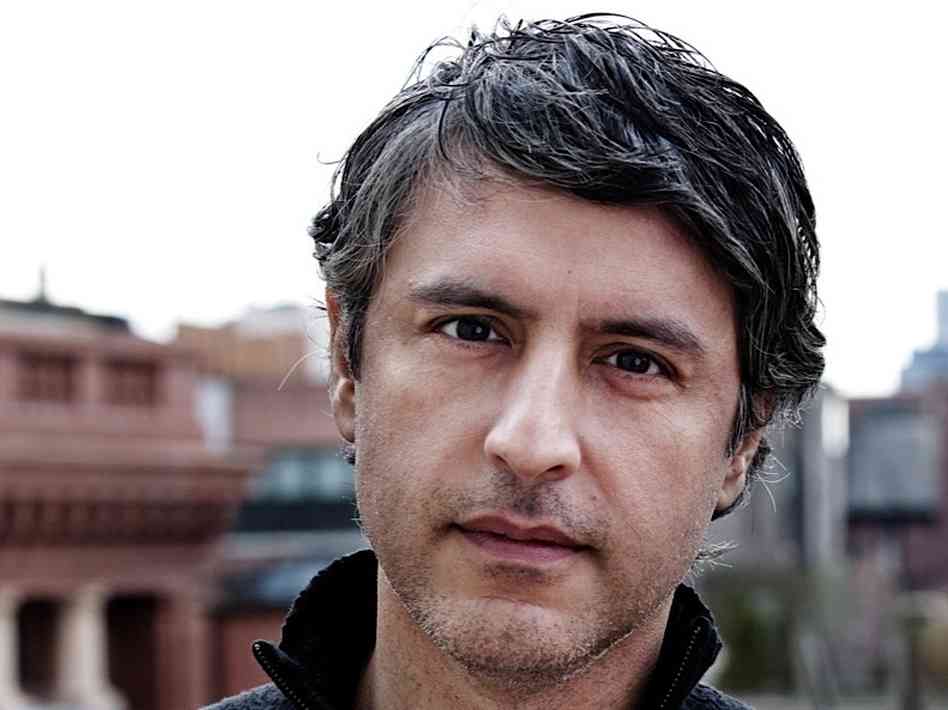SHAFAQNA – Earlier this month, while talking at the Islamic Society of Baltimore, President Obama called on television networks to put more Muslims on screen. Here’s an excerpt of his speech (you can read the full transcript on the White House website):
Our television shows should have some Muslim characters that are unrelated to national security because it’s not that hard to do. There was a time when there were no black people on television. And you can tell good stories while still representing the reality of our communities.
One person who was thrilled to hear the President’s comments was Reza Aslan.
The Iranian-American religion scholar, whose books include “Zealot: The Life and Times of Jesus of Nazareth,” tells The Frame that stories are “how we break down the walls that separate us into different nationalities or ethnicities or races or cultures or religions.” And Aslan says that television has a particular power:
I am a child of American television. I came to the United States in 1979 from Iran. I didn’t speak a word of English. I was seven years old. I learned English by watching TV. It was “Sesame Street” that taught me English. It was “CHiPs” that taught me about America. And so TV plays a very important role in defining who I am. And I recognize the power that pop culture has to transform perceptions. When Vice President Joe Biden said a couple of years ago that people’s perceptions of the LGBT movement in this country were transformed by “Will & Grace,” people laughed at him — except that he was right. That is how people’s perceptions were transformed. That’s the power of television.
Aslan says that there are notable ways to expand how Muslims and Middle Easterners are depicted on screen.
Muslims/Middle Easterners just tend to be the token villain in a lot of these Hollywood productions, whether it’s film or on TV. That, I think, is a mistake on the part of the industry itself. Because Middle Easterners in the United States are a very well educated, very wealthy bloc. And they are desirous of entertainment that doesn’t present them in a good light, but at least has integrity in the way it presents stories about and from the peoples, the cultures of the Middle East.
As an Executive Producer on the upcoming ABC series, “Of Kings and Prophets,” Aslan says he worked closely on the casting. He acknowledges that there has been some blowback around the casting of two white British actors to play leads — Ray Winstone and Olly Rix, who play Saul and David respectively. But Aslan was quick to note that, overall, the cast is quite diverse: “We are a cast that has two Arabs — a Palestinian and a Lebanese. We have an Indian. We have a New Zealander Maori. We have a Cuban. We have two African-Americans.”
Aslan has appeared as himself on television himself many times. You may have seen him on “The Daily Show with Jon Stewart” over the years. But on Feb. 28, he’ll take on the role of talk show host in the series “Rough Draft” on the Ovation network. On that show he has “Inside the Actors Studio”-type conversations with screenwriters such as Norman Lear, Mike White and Jill Soloway. As a lover of stories — and as a storyteller himself — Aslan wants to celebrate writers. It’s something he thinks we don’t do enough in this culture.
They have the ability to create emotions using nothing by words. That it is a magical thing. Writers, to me, are so unique in that they have the power to manipulate emotions, to force people to feel things whether they want to or not, simply by putting words on a page. There’s something powerful and miraculous about that.
Aslan says that, especially in Los Angeles, it’s important to celebrate writers. After all, he says, “the writers are what make this industry actually function. It’s what makes this city actually what it is.”
In his first episode of “Rough Draft,” Aslan brings together his love of storytellers and his hopes that television could help Muslims and Middle Easterners be more welcomed into American culture.
As I say to Norman Lear in the first episode of “Rough Draft,” I feel like as a Muslim and as a Middle Easterner, we will never be part of American culture until people start making fun of us on television. So I am desperate for the day when we will have a Muslim “All in the Family,” in which we have Middle Eastern characters who are on TV who are being poked fun at because of their culture, because of their identity, and who are poking fun at America because of the way America treats them. I think that’s when you see people start to change their minds. That’s when you see Middle Easterners become part of the fabric of American culture.


